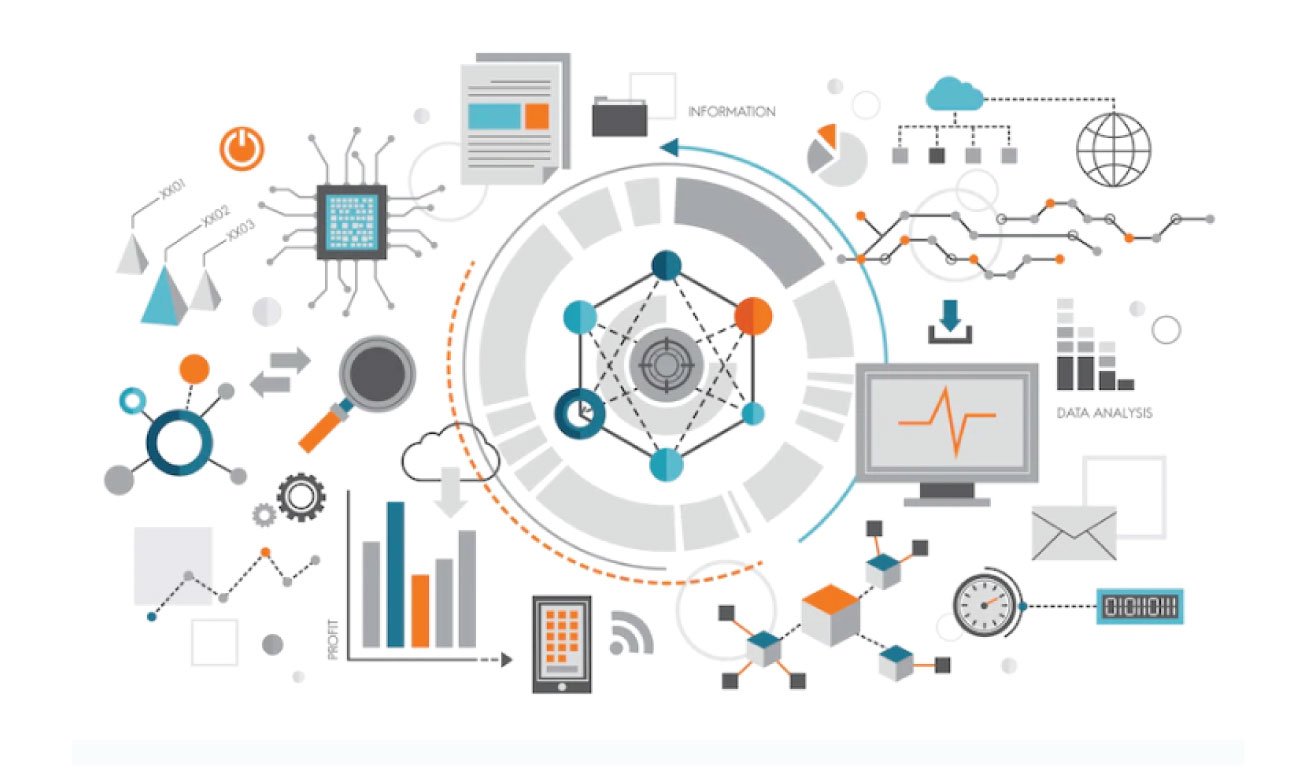“Unlocking Insights with Data Analysis: Your Journey to Becoming a Data Analyst”

Welcome to our Data Analyst course blog! In this post, we’ll explore the dynamic field of data analysis, discuss its importance in today’s data-driven world, and provide insights into how you can kickstart a rewarding career in data analysis.
What is Data Analysis?
Data analysis is the process of examining, cleaning, transforming, and interpreting data to discover meaningful insights, patterns, and trends. Data analysts play a crucial role in helping organizations make informed decisions based on data-driven evidence.
The Significance of Data Analysis
Data analysis is integral to various industries for several reasons:
1. Informed Decision-Making: Data analysis empowers organizations to make informed decisions, whether it’s optimizing business processes, understanding customer behavior, or forecasting trends.
2. Competitive Advantage: Companies that harness the power of data analysis gain a competitive edge by staying agile and responsive to market changes.
3. Improved Efficiency: Data-driven insights identify inefficiencies, leading to streamlined operations and cost savings.
4. Personalization: Data analysis enables personalized marketing and product recommendations, enhancing the customer experience.
Skills You Need to Excel as a Data Analyst
To succeed as a data analyst, you’ll need a combination of technical and soft skills:
1. Data Wrangling: The ability to collect, clean, and preprocess data for analysis.
2. Data Visualization: Communicating insights effectively through charts and graphs.
3. Statistical Analysis: Understanding statistical concepts and techniques.
4. Programming: Proficiency in programming languages like Python or R for data analysis.
5. Database Management: Knowledge of database systems and SQL.
6. Critical Thinking: Analytical and problem-solving skills to extract valuable insights from data.
Starting Your Data Analyst Journey
Ready to embark on your journey to becoming a data analyst? Here’s how to get started:
1. Learn the Basics: Begin with foundational courses in data analysis, such as our [Data Analysis Fundamentals] course.
2. Gain Practical Experience: Apply your knowledge through hands-on projects and real-world data analysis tasks.
3. Specialize: Explore specific domains of data analysis, such as business analytics, healthcare analytics, or financial analysis.
4. Build a Portfolio: Create a portfolio showcasing your data analysis projects to demonstrate your skills to potential employers.
5. Network: Connect with other data analysts through professional organizations like the Data Analysts Association.




